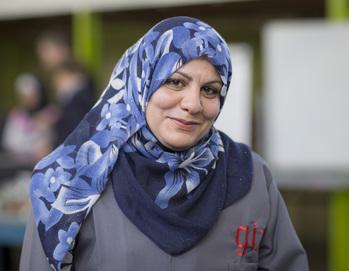Context
Many women in the countries of the Middle East and North Africa (MENA) have no or insufficient access to social protection systems. This means that they are not protected against risks such as illness, unemployment, accidents or poverty in old age. One of the reasons for this is that women are more likely than men to work in precarious informal employment, earn less, take on more unpaid care work and thus acquire fewer entitlements to social security benefits. Furthermore, gender-specific needs and access barriers are usually not taken into account when social security systems are planned and implemented.
Objective
Women in countries in the MENA region have better access to social protection systems.

